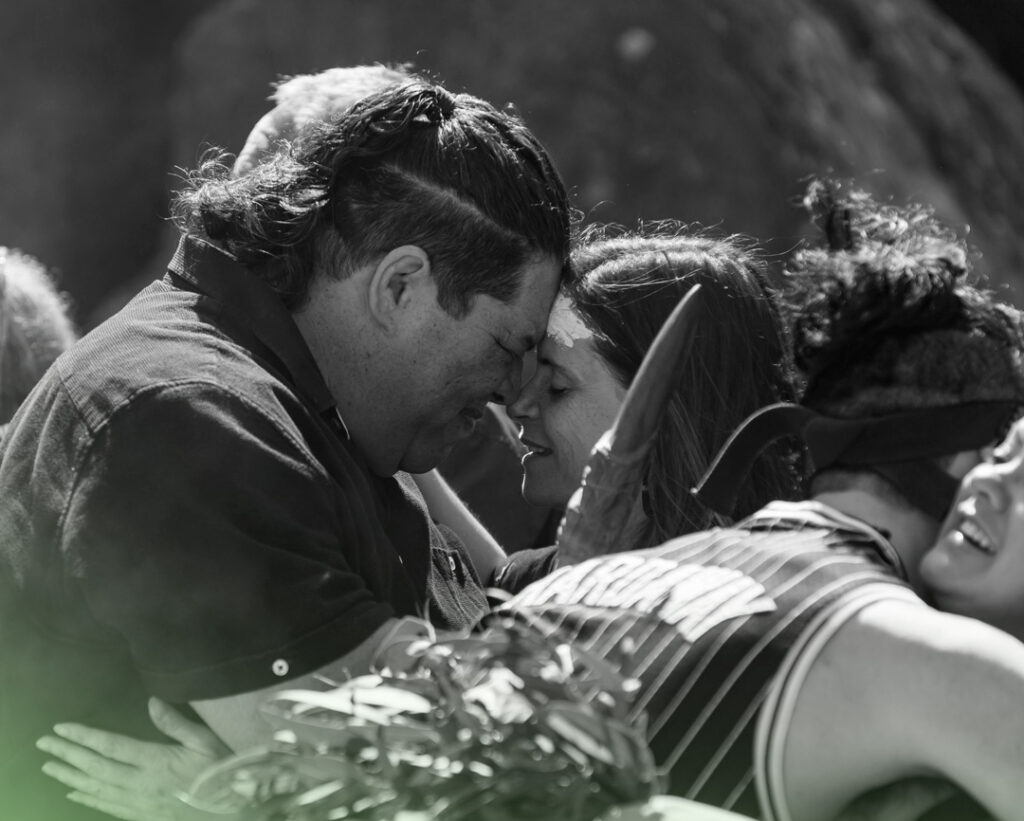- About Us
- Our StoryLearn how we blend cultural wisdom with innovation to inspire change.Our PeopleMeet the dedicated team driving impactful change and reconciliation.Case StudiesExplore our success stories and the impact we've made with our clients.Contact UsReach out to discuss how our consulting can support you.
-
- Training & Consulting
- Cultural Capability TrainingEquip your team to create lasting cultural change.Reconciliation Action Plan DevelopmentPartner with us for a seamless journey towards RAP endorsement and beyond.Advisory ServicesGain cultural insights that amplify your organisation’s impact.Contact UsReady to connect? Reach out to our team, and let's start a conversation.
-
- Art & Design
- Contact Us

